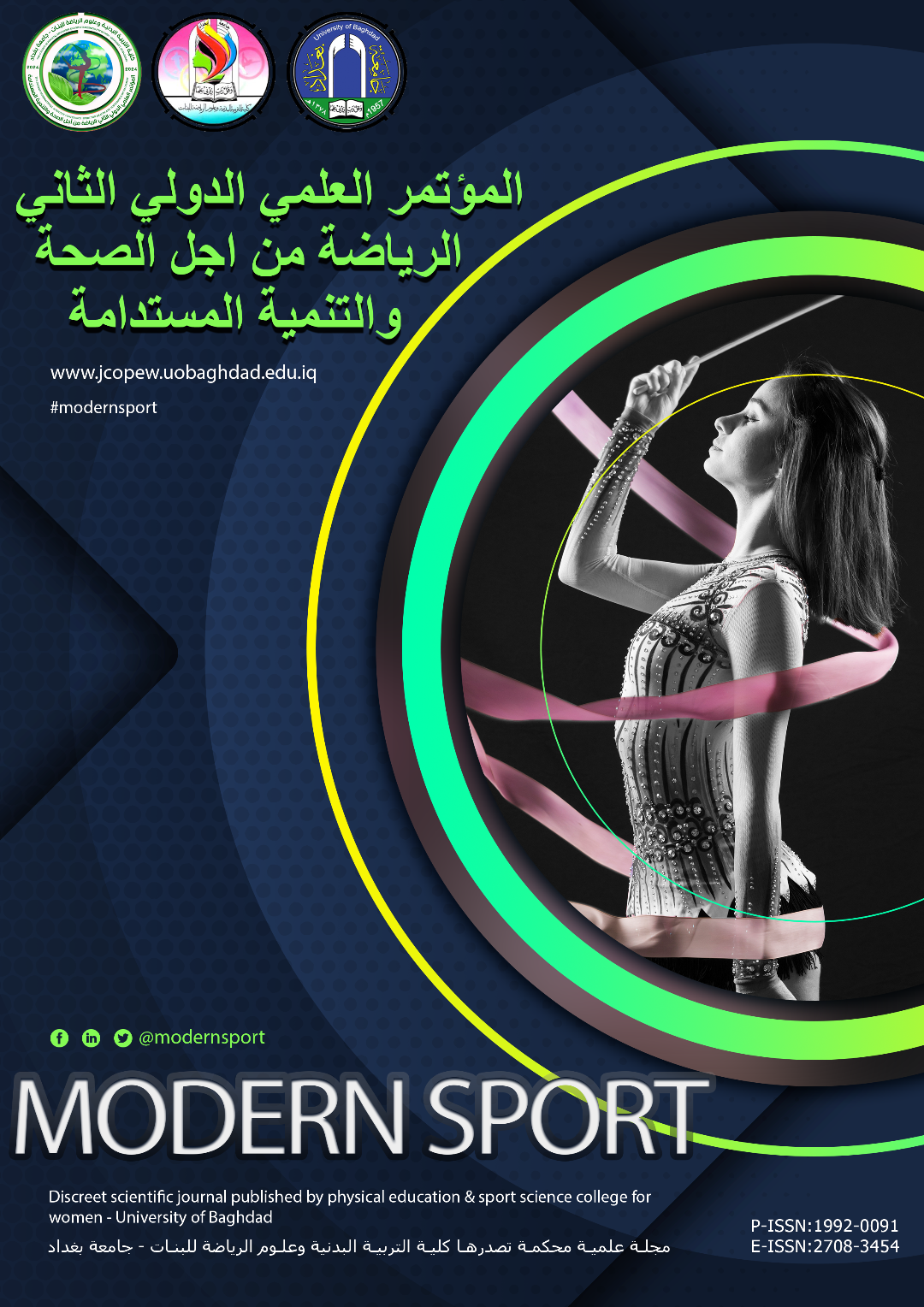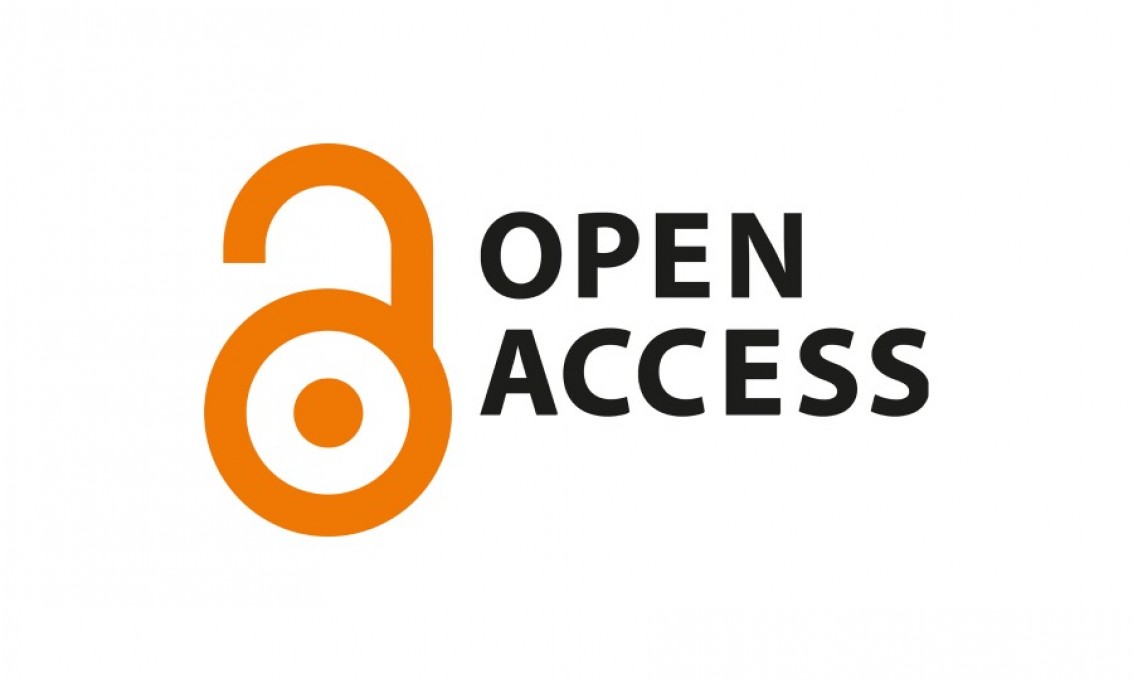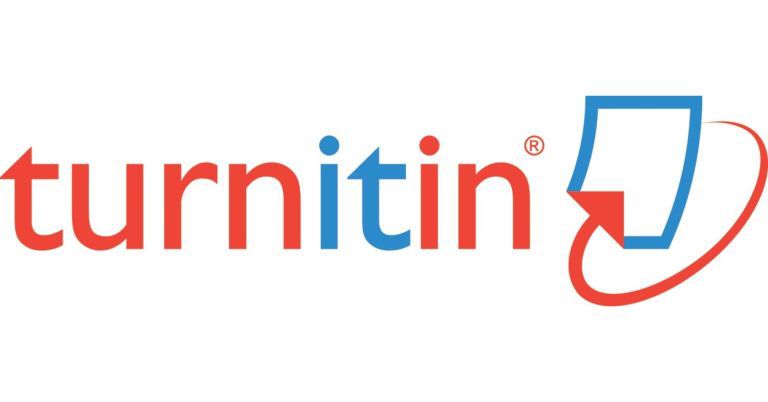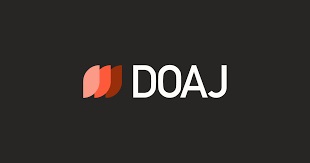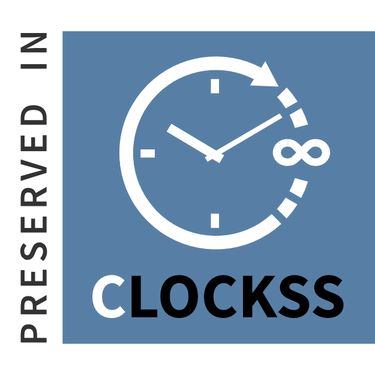Codifying training according to the five levels of intensity using artificial intelligence technology (Polar Gps) and its impact on some elements of special fitness and achievement in the 100m sprint (CP37) for people with special needs
DOI:
https://doi.org/10.54702/cmkqq722Keywords:
Artificial Intelligence, Disability Class (CP37)Abstract
The research aims to standardize the training of physical fitness elements according to the five levels of intensity using modern equipment and harnessing artificial intelligence to control the training loads for these elements using a polar (GPS) device, one of the modern technical devices to monitor 100m (CP) runners with special needs and identify its impact on Some elements of special physical fitness (increasing speed, maximum speed, rapid strength of arms and legs, endurance, special speed, and achievement), and what the competitor does in terms of covering distances, times, speed rates, number, and pulse during training. The problem of the research lies: There is a weakness in the completion of the 100-meter race for people with special needs, category 37, compared to Numbers from previous years, and that most of the competitors record better personal numbers during training than their numbers during the race, despite the fact that they are subjected to heavy training loads during training. The researchers attributed this weakness in achievement during the race to the failure to regulate the training load with the competitor so that it matches his ability and brings him to a compatible peak during the race. The researchers used the experimental approach with an experimental design for two groups, control and experimental. The research population was represented by 37 100m racers with special needs (CP) category (6), numbering (6) racers from the Iraqi Paralympic Committee, the Middle Euphrates governorates (Diwaniyah, Babylon) for the sports season (2022-2023), and the team was chosen. The sample was randomly selected into two groups (control and experimental), so that the Diwaniyah Governorate contestants were an experimental sample with (3 contestants) and the Babil Governorate contestants were a control sample with (3 contestants). Two attempts were given for each test, so the number of the experimental sample was (6) attempts and the control sample (6) attempts showed Artificial intelligence technology using (the Polar tracking device) had a noticeable positive effect on some special physical abilities and the achievement of the 100m event for people with special needs, category (CP) 37.), The researchers concluded that the technique of regulating the physical load using artificial intelligence technology for the experimental group that used (the tracking device Polar type. There was a clear difference between the pre- and post-measurement for the experimental group, which was in favor of the post-measurement. The researchers recommend paying attention to using artificial intelligence techniques (the Polar-type tracking device) and using its various mechanisms in training.
References
- Badr Ahmed. 1978, Principles of Scientific Research and Its Methods, 4th edition, Kuwait, Publications Agency, pp. 12-40.
- Al-Janabi Akram Hussein Jabr. 2019, Technical and biomechanical analysis of the men’s decathlon and women’s sevens games and their training methods, Al-Diwaniyah, Niebuhr Printing and Publishing House, p. 112.
- Al-Janabi, Akram Hussein Jabr Al-Janabi, Ali Abdul Amir Al-Hasnawi. 2016, Facilitation of muscle sensory receptors (P.N.F) between rehabilitation and training, Germany, Al-Nour Printing, 2016, p. 23.
- Al-Kaabi , abbar Rahima. 2007: Physiological and chemical foundations of sports training, Doha, Qatar National Press, p. 23.
- Halim Al-Jabali. 2002: Disabled Sports Classification in Athletics, Bulletin of the National Center for Sports Medicine, p. 31.
- Dhari Touma, Hamid Abdel Nabi. BT: Sports and programs for people with special needs and their medical classifications, National Library, 1st edition, pp. 11-15.
- Mohamed Karim Abis. 2019, Medical and Functional Classification of Athletics for the Disabled, Al-Nour Library, Baghdad, p. 65.
- Hossam El-Din Talha, Wafaa Salah El-Din, Mustafa Kamel Saeed. 1997, The Scientific Encyclopedia of Sports Training (Strength, Ability, Flexibility), Cairo, Al-Kitab Publishing Center, p. 34.
- Mathkoor , Fadel Kamel, Amer Fakher Shaghati. 2008, Modern trends in training (endurance - strength - stretching - cool-down), Baghdad, Al-Nour Office, p. 81.
- Al-Mandalawi Al-Mandalawi. 1998, Tests and Measurement in Physical Education, Mosul, Higher Education Press, 76 p.
- Mahjoub Wajih. 1988, Scientific Research Methods and Curricula, University of Mosul, Dar Al-Kutub for Printing and Publishing, p. 162.
- Bell & james . 2007 , Advanced fitness assessment muscular balance international professionals association , P 5 .
- cory 2007 , : peen state mont alto
- Wisotzk,MD, Victor Tseng , 2015 . Eric POCKET EMG , demos medical, New York, 15 , DO, Dane Pohlman, P 66 Sport coach.
- George Dintiman & Rob ward .2003 :sports speed (third edition) human kinetic , P 43 .
- Hayder Nazar Jawoosh, Hatem, A. D. H., ABDUL RAZAK, M., & MAZIN HADI KZAR. (2021). Leadership theories in management and psychologist educational filed. Modern Sport, 20(2), 0109-0120. https://doi.org/10.54702/msj.2021.20.2.0109
- Mahammed, R. F., & Kadhum, S. R. (2023). Disability-Related Self-Attendance Fear among Tennis and Table Tennis Players. Revista iberoamericana de psicología del ejercicio y el deporte, 18(3), 245-247. https://www.scopus.com/record/display.uri?eid=2-s2.0-85166321608&origin=resultslist
- Ameer Abbas, R. A., Nasif, N. A., & Alwan, N. M. (2019). Analytical Study of Strategic Watch at Paralympic Committee Members in Iraq. Indian Journal of Public Health Research & Development, 10(8). http://dx.doi.org/10.5958/0976-5506.2019.02032.1
Downloads
Published
Issue
Section
License
Copyright (c) 2024 Modern Sport

This work is licensed under a Creative Commons Attribution 4.0 International License.
